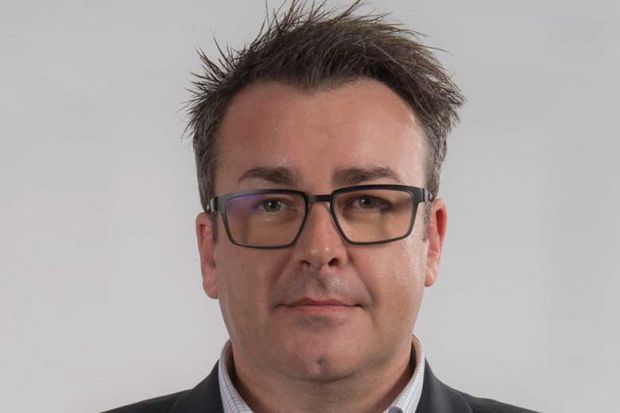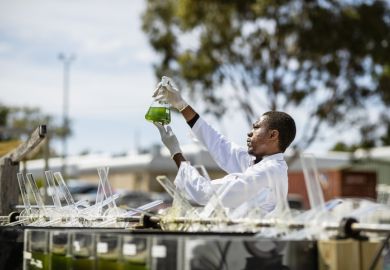A world-leading expert on research integrity has died.
Paul Taylor was born in Kew, a suburb of Melbourne, Australia, in 1973 and grew up in nearby Bulleen. He studied and then spent most of his career at the University of Melbourne. After a BSc majoring in microbiology and chemistry (1992-96), he went on a PhD in the department of microbiology and immunology (1997-2003). Even before he had completed his doctorate, he was employed as a gene technology project officer (2002-03), subsequently going on to become a regulation officer (2003-05) and biosafety project officer (2004-05).
Appointed an honorary fellow and lecturer in the department of microbiology and immunology in 2005, Dr Taylor always adopted a research-based approach to issues around research integrity and was frequently consulted by national authorities and journals such as Nature. He served as Melbourne’s manager for gene technology and biosafety (2006-08) and then for research ethics and integrity (2008-12) before securing the position of director of the Office for Research Ethics and Integrity (2012-16).
At a national level, Dr Taylor was a member of an expert working committee established by Australia’s National Health and Medical Research Council, the Australian Research Council and Universities Australia. In that position, he had an important role in shaping the latest version of the Australian Code for the Responsible Conduct of Research (2018). He was co-chair of the sixth World Conference on Research Integrity, to be held in Hong Kong in June, and was particularly prominent within the Asia Pacific Research Integrity Network. His research was also crucial in establishing guiding principles for research integrity for the Asia-Pacific Economic Cooperation intergovernmental forum.
After two decades at Melbourne, Dr Taylor moved in 2016 to RMIT University as director for research integrity, governance and systems. In doing so, he joined an institution with strong family links: his great-uncle had led the School of Aeronautics, his grandfather was the foundry master and his father had worked in the print shop for 37 years.
Daniel Barr, principal research integrity adviser at RMIT, described Dr Taylor as “an inspiring leader who was generous with his time and wisdom and a dear friend to many”. He added that Dr Taylor “was a keen gardener of Australian native plants, enjoyed music that didn’t have guitars in it, held an impressive collection of home lighting, spoke Italian with feeling, and always found good coffee and the best places to eat whether in Melbourne or while travelling overseas”.
Dr Taylor died of a sudden brain aneurysm on 20 November 2018.
Register to continue
Why register?
- Registration is free and only takes a moment
- Once registered, you can read 3 articles a month
- Sign up for our newsletter
Subscribe
Or subscribe for unlimited access to:
- Unlimited access to news, views, insights & reviews
- Digital editions
- Digital access to THE’s university and college rankings analysis
Already registered or a current subscriber?





